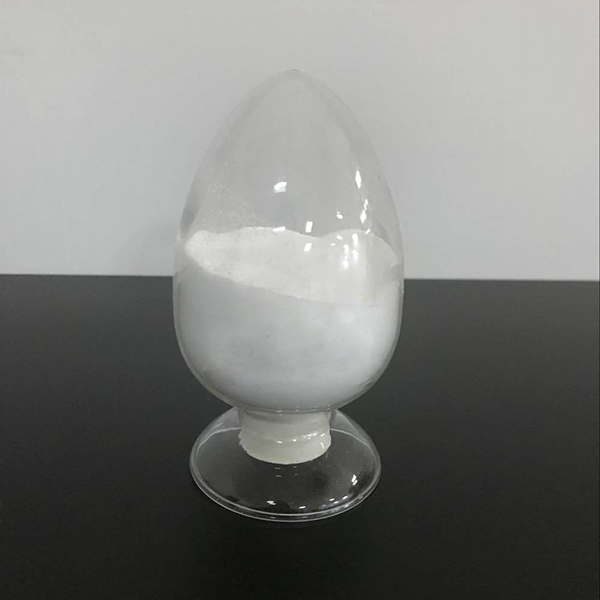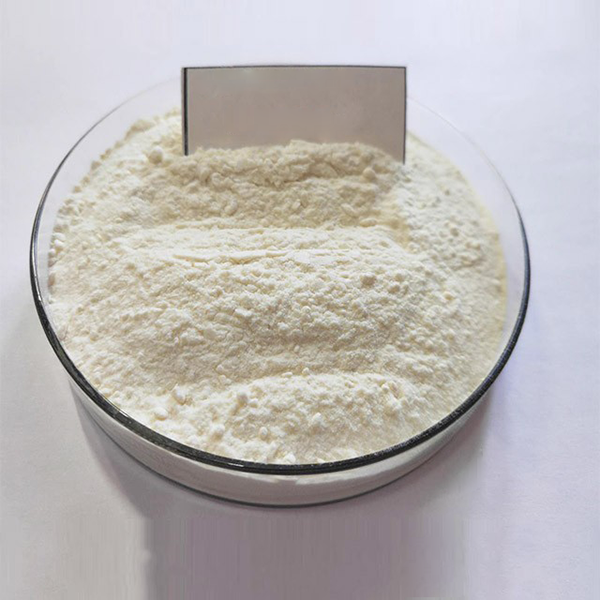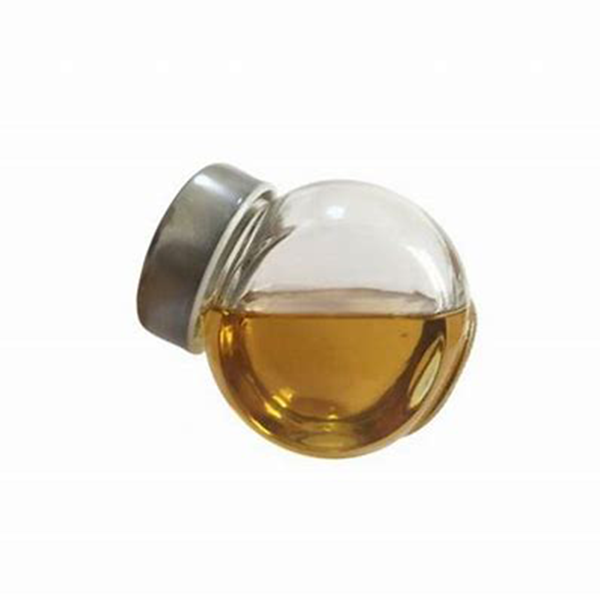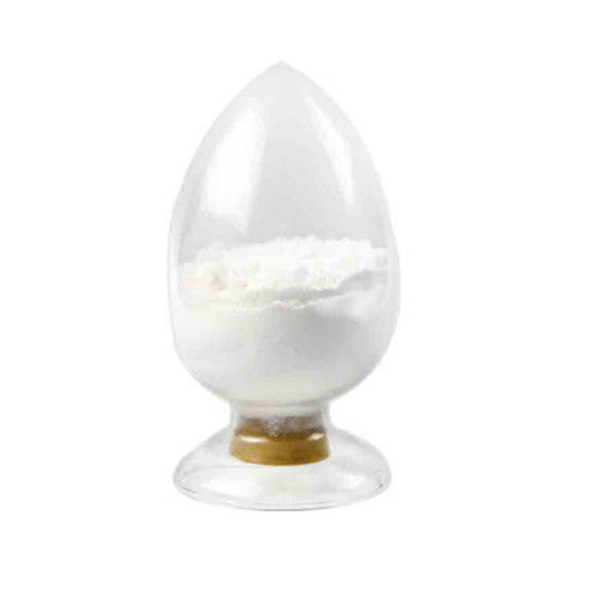Imazamox imidazolinone herbicide for controlling broadleaf species
Product description
Imazamox is the common name of the active ingredient ammonium salt of imazamox (2-[4,5-dihydro-4-methyl-4-(1-methylethyl)-5- oxo-1H-imidazol-2-yl]-5-(methoxymethl)-3- pyridinecarboxylic acid. It is a systemic herbicide that moves throughout the plant tissue and prevents plants from producing a necessary enzyme, acetolactate synthase (ALS), which is not found in animals. Susceptible plants will stop growing soon after treatment, but plant death and decomposition will occur over several weeks. Imazamox is formulated both as an acid and as an isopropylamine salt. Uptake of imidazolinone herbicides is primarily through the foliage and roots. The herbicide is then translocated to meristematic tissue (buds or areas of growth) by the xylem and phloem where it inhibits acetohydroxyacid synthase [AHAS; also known as acetolactate synthase (ALS)], an enzyme involved in the synthesis of three essential amino acids (valine, leucine, isoleucine). These amino acids are required for protein synthesis and cell growth. Imazamox thus disrupts protein synthesis and interferes with cell growth and DNA synthesis, causing the plant to slowly die. If used as a post-emergence herbicide, imazamox should be applied to plants that are actively growing. It can also be used during a drawdown to prevent plant regrowth and on the emergent vegetation.
Imazamox is herbicidally active on many submerged, emergent, and floating broadleaf and monocot aquatic plants in and around standing and slow- moving water bodies.
Imazamox will be mobile in many soils, which coupled with its moderate persistence could facilitate its reaching ground water. Information from environmental fate studies indicates that imazamox should not persist in shallow surface waters. However, it should persist in water at greater depths when an anaerobic environment exists and where photolytic degradation is not a factor.
Imazamox is practically non-toxic to freshwater and estuarine fish and invertebrates on an acute exposure basis. Acute and chronic toxicity data also indicate that imazamox is practicallynon-toxic to mammals.














